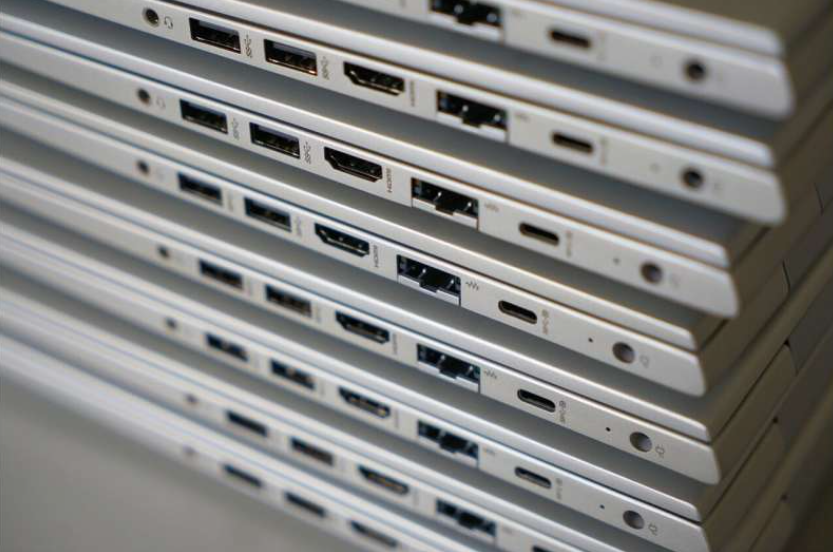Marie Donlon | May 28, 2024
A team of researchers from the National Institute of Technology in Tiruchirappalli, Tamil Nadu, India has created a tool that can estimate the remaining useful life of an obsolete laptop computer.
Basing its assessment on the quality grading of two of its main components — the hard drive and rechargeable lithium-ion battery — the team sought to create a decision support tool (DST) that could potentially improve sustainable laptop remanufacturing practices.

A potential solution to both the environmental and economic challenges facing the electronics manufacturing industry could be remanufacturing. However, to ensure the success of that solution, the researchers explain that accurate information about a device’s components needs to be accessible.
As such, the team employed machine-learning algorithms — like Random Forest (RF) — to help make predictions about the remaining useful life and K-means clustering for the quality grading of the components that make up devices like laptop computers.
Using such an approach, which is based on data and machine learning, the team suggests that remanufacturing might be guided for the repair, replacement or disposal of the main components, thereby reducing waste or enabling old components to get a new lease on life via remanufacturing
The approach is detailed in the article, “Remanufacturing of end-of-life laptop based on remaining useful life prediction and quality grading with random forest and cluster analysis,” which appears in the International Journal of Process Management and Benchmarking.
INDUSTRY RELATED
UNLIMITED FREE ACCESS TO THE WORLD’S BEST IDEAS
SIGN UP TO SEE MORE
This is embarrasing…
An error occurred while processing the form. Please try again in a few minutes.
Customize Your GlobalSpec Experience
This is embarrasing…
An error occurred while processing the form. Please try again in a few minutes.
